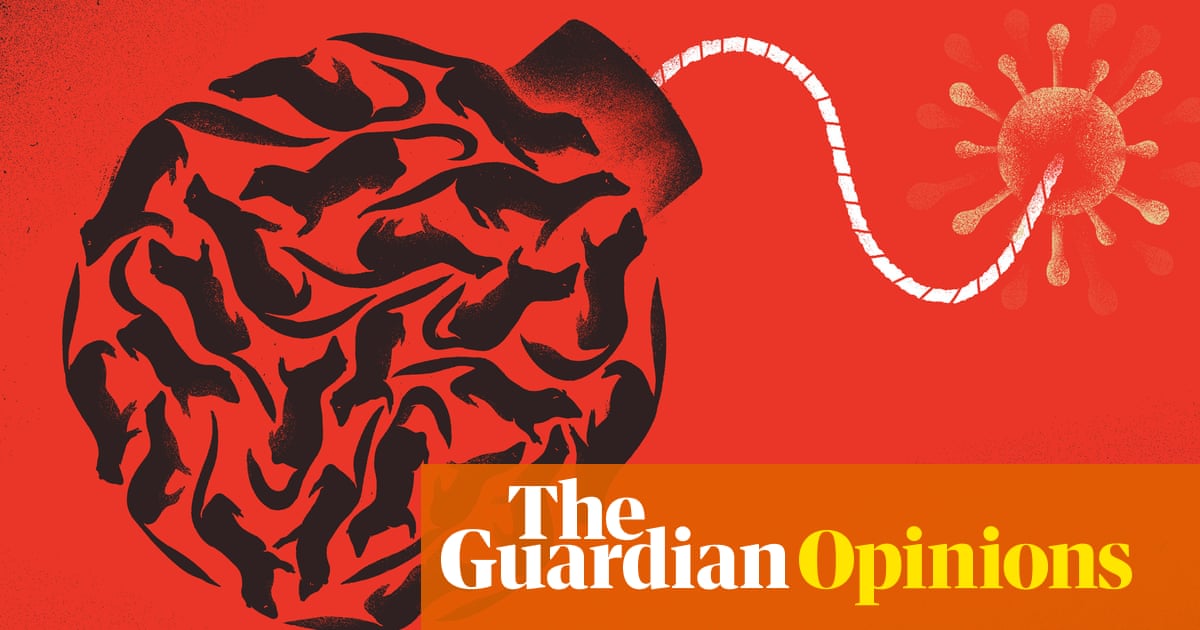
What is invisible and silent in its symptoms can be deadly in its effects. The international community is still unaware of the magnitude of the threat it faces from Iran’s regional aspirations.
Tehran’s autocratic regime is increasing tensions in the Middle East through the actions of its proxies in neighboring countries, its uranium-enrichment program, its violation of international law, its provocation of sectarian strife, and the continuation of its destructive role throughout the region.
Iran’s strategies of developing its ballistic missile capabilities and supporting terrorism are clearly part of its policy to destabilize the region. It is playing a covert game, igniting strife outside its own borders, supporting terrorist operations around the world and threatening economic security by attempting to shut down the Strait of Hormuz, the world’s most important oil-transit route, which poses one of the most serious geopolitical risks to oil prices in decades.
Aside from jeopardizing oil routes, Iran’s interference in Lebanon, Syria and Yemen poses a direct threat to international security, trade and commerce.
If we wish to understand why Iran exhibits such behavior, we must understand that the priority of the Iranian leadership, regardless of where individuals stand on the political spectrum, is to ensure the perpetuation of the regime. This imperative includes deterring adversaries through the use of its proxy militias, and exporting the revolution throughout the Muslim world by spreading a discourse of hatred and sectarianism.Iran’s objective of extending its control and influence in the region became apparent soon after the 1979 revolution. Efforts to achieve this were led by the immoral operations of the Islamic Revolutionary Guard Corps, which is both the sword and the shield of Iran’s revolution. It is charged with attacking Iran’s neighbors and supporting the country’s network of foreign terrorist proxies for the benefit of the Iranian regime.
In Syria, Iran is guilty of contributing to war crimes and crimes against humanity on an enormous scale. It has backed armed militias there, resulting in hundreds of thousands of deaths and injuries, made millions of people homeless or refugees, violated human rights, and ignored all international laws and treaties.
In Yemen, Iran is responsible for war crimes and the starvation of the Yemeni people through its support of the Houthi militia.
Iran is the material and logistical backer of all the terrorist operations carried out by the Houthi militias in Yemen. In addition, the nation’s ports have been used to smuggle ballistic missiles, weapons, ammunition and explosives to the terrorist militias. The suffering of the Yemeni people has been exacerbated because of the blockade caused by the siege imposed by the Houthis, who bear the direct moral and legal responsibility for this situation.
In Lebanon, Hezbollah emerged during the chaos of the civil war, supported by Iran. The Shiite militia has consistently relied on Tehran for funding, equipment and direction since it was founded, in the early 1980s, to demonstrate that Iran’s example could be replicated elsewhere in the Arab world by exploiting the long-standing grievances of Lebanon’s Shiite Muslim community.
Hezbollah leaders have long portrayed themselves as foot soldiers in an Iranian army. In other words, Hezbollah serves as Iran’s proxy and ally in the region in general, augmenting its power in Lebanon and Syria. It is obvious that Hezbollah in its early days also worked with Iran to strike targets in the Gulf states. Since then, it has consistently been involved in terrorism, often in conjunction with Iran. It is not only an instrument of Iran’s regional policy, but also a tool to keep Lebanon divided.
For these reasons, any actions or sanctions that might help alleviate Iranian aggression and intervention in the region, and reduce the spread of weapons of mass destruction throughout the world, must be supported. Unfortunately, Iran has abused its economic good fortune; instead of using it to achieve development, it has instead continued to undermine peace in the region and support terrorist organizations such as Hezbollah, the Houthis and others.
There is an urgent need to raise global awareness of the threats posed by Iranian foreign policy. This policy acts as a cancer, silently infiltrating the veins of neighboring countries while showing no obvious signs until it is too late. If it is not confronted and treated, stability in the Middle East will never be regained.











